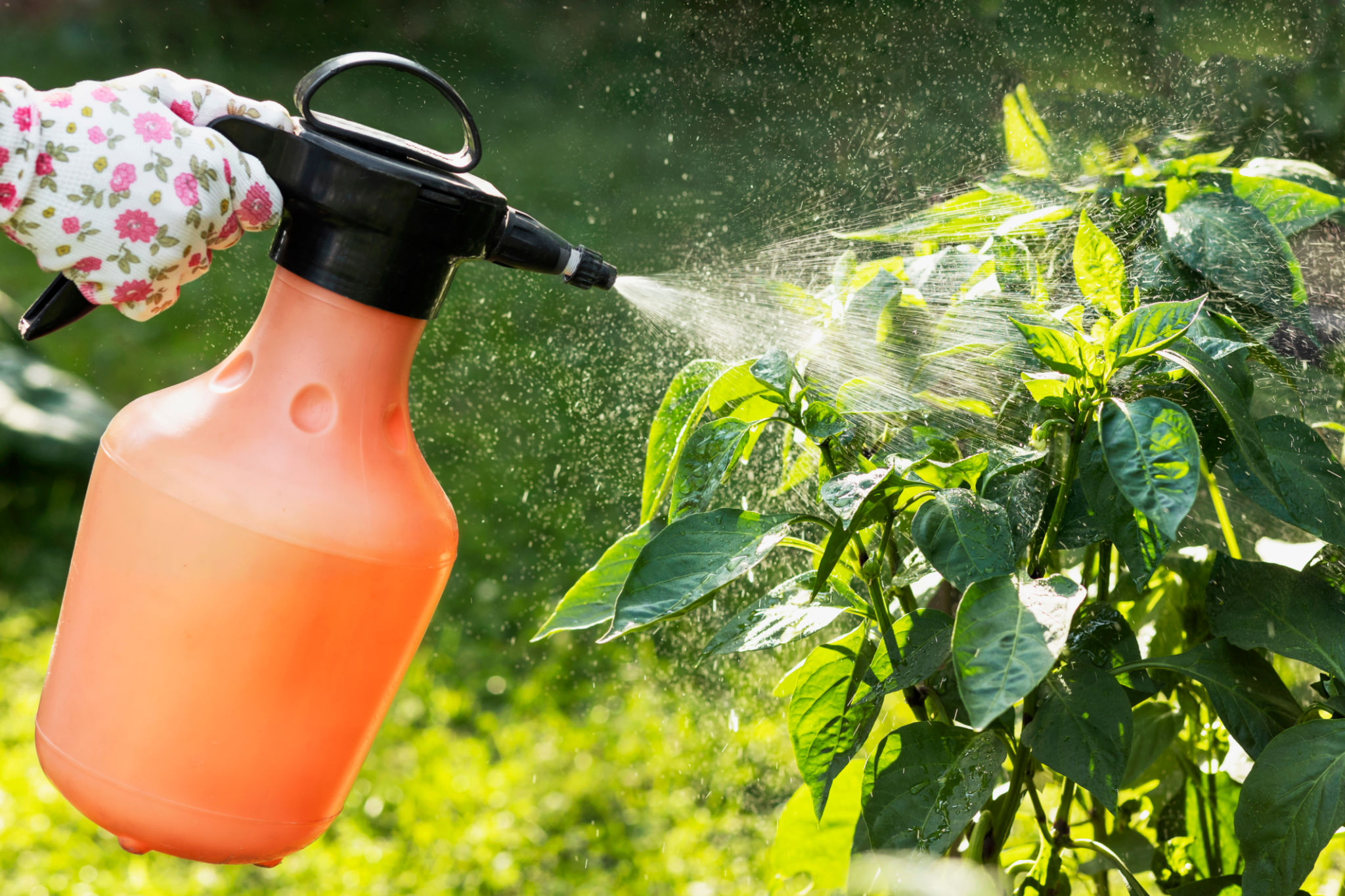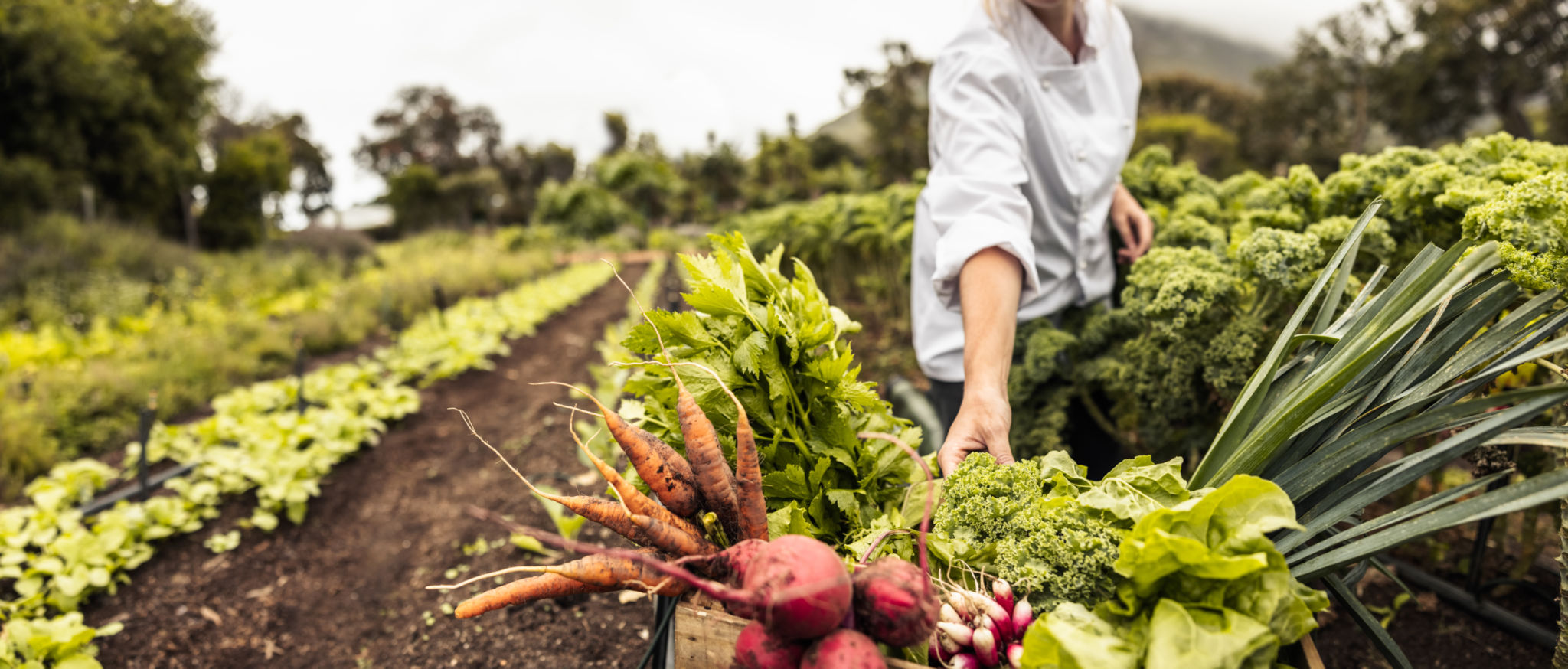Comparing Pest Management Solutions: Organic vs. Chemical Approaches
Understanding Pest Management Solutions
When it comes to maintaining the health and safety of gardens, farms, and homes, effective pest management is crucial. With various methods available, the primary debate often centers around organic versus chemical approaches. Each method has its own set of advantages and drawbacks, making it essential for individuals to understand these differences before making a decision.
Organic pest management focuses on using natural substances and methods to control pest populations. This approach emphasizes environmental sustainability and the health of ecosystems, offering a safer and often more holistic solution. On the other hand, chemical pest management relies on synthetic substances designed to quickly and efficiently eliminate pests.

The Benefits of Organic Pest Management
Organic pest management solutions are increasingly popular due to their environmental benefits. These methods often involve using natural predators, barriers, or organic pesticides derived from plants or minerals. One of the main advantages of organic pest management is its minimal impact on the environment, reducing the risk of harmful residues in soil and water.
Moreover, organic methods are typically safer for both humans and pets since they avoid harsh chemicals. This makes them an attractive choice for families concerned about health risks. Additionally, organic pest management can enhance biodiversity by preserving beneficial insects that contribute to a balanced ecosystem.

The Advantages of Chemical Pest Management
Chemical pest management is known for its effectiveness and speed. When dealing with severe infestations, chemical solutions can provide rapid control, ensuring that crops or homes are protected from damage. These products are specifically formulated to target particular pests, often with long-lasting effects.
Another benefit of chemical approaches is their ease of use. Many chemical pesticides are readily available and come with clear instructions, allowing users to apply them without extensive knowledge or training. This convenience makes them a popular choice for large-scale agricultural operations where time and efficiency are critical.

Comparing Costs
When comparing costs, chemical pest management solutions often appear more affordable initially. However, it's important to consider long-term expenses, including potential environmental cleanup or health impacts. In contrast, organic solutions may require a higher initial investment but can lead to long-term savings by promoting healthier ecosystems and reducing the need for repeated applications.
Environmental Impact
The environmental impact of pest management strategies is a significant consideration. Chemical pesticides can contribute to soil degradation, water contamination, and harm to non-target species. Conversely, organic methods typically enhance soil health and water quality while supporting biodiversity.

Making an Informed Decision
Choosing between organic and chemical pest management often depends on individual priorities and circumstances. Those who prioritize environmental sustainability and health may lean towards organic methods. In contrast, those seeking immediate results might opt for chemical solutions.
Ultimately, the best approach might involve integrating both methods, using chemicals sparingly while predominantly relying on organic practices. This integrated pest management strategy can offer a balanced solution that maximizes effectiveness while minimizing negative impacts.
Conclusion
Understanding the differences between organic and chemical pest management is crucial for making informed decisions that align with personal values and objectives. Both approaches have their merits, and by weighing their benefits and drawbacks, individuals can choose the most suitable solution for their specific needs.
